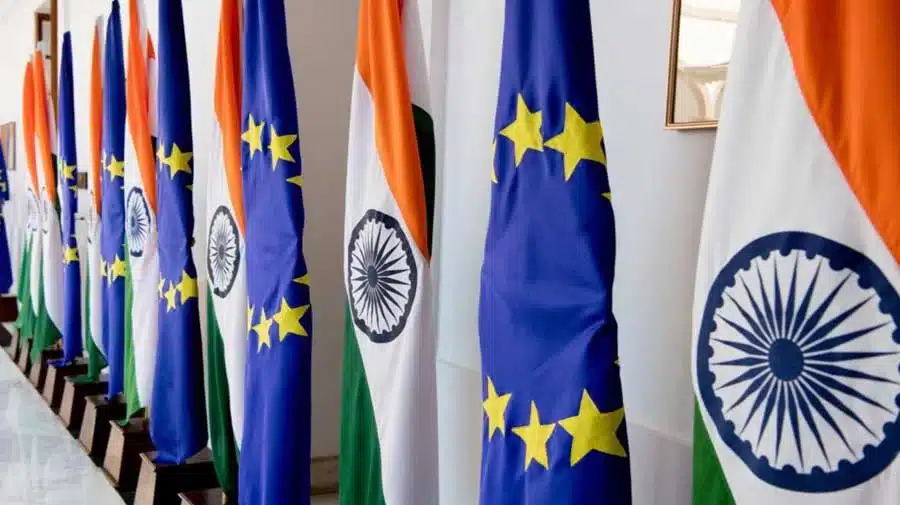In April, talks were held between India and the European Union to revive the discussion on trade deals. Since 2013, Many a trade deal between India and the EU have been put on hold. This was largely because both nations failed to agree on a mutual agreement. The two parties could not reach a consensus on the extent of tariff reductions, patent protection, data security, and the rights of Indian professionals to work in Europe.
Indo-European Deal
Regarding this matter, Modi had a telephonic meeting with UN chief executive Ursula von der Leyen in April. Subsequently, they have agreed to meet in Lisbon, Portugal for further discussions. German Chancellor Angela Markel and EU Council President Charles Michel will also join the meeting.
The revival of trade deal would help build a $9 6billion trading mechanism between India and the European Union, that will help flourish and make a comfortable environment for the investment and flow of goods. The European Parliament will approve the deal, after which it will be sent to New Delhi for approval.
According to analysts in 2020, the deal could potentially constitute a benefit of $10 billion. However, on the other hand, the UK is working on its autonomous foreign policy to independently deal with its former trading partners. Trading partners that were previously under the flag of the European Union.
Moreover, the interest of the EU enhancing its trade with India has some evident logic. India is one of the fastest-growing economies in the world. The European Union can increase its share in the total Indian trade to a benchmark of 15%.
However, several analysts believe that this trade deal will also be used for another purpose. Such as the US\’s attempt to counter China in the region. China is currently, heavily involved in a lot of international projects. These include China\’s mammoth project of the Belt and Road Initiative (BRI) in South Asia.
China’s Ambitions
According to the BRI map, China will be creating a Silk Road Economic Belt through Asia into eastern Europe and then connect to western Europe via the railroad that it will be constructing. Even though Europe will be benefiting from this, it equally threatens European Union as China rises.
India’s Dilemma
The rise of China is another thing that binds India and the European Union with each other. They both will use their economic might to challenge China in Eurasian. On the other hand, India is also countering China in the Indo-Pacific Ocean as the USA facilitates India with ‘The Quad’ cooperation. The Quad consists of the US, India, Australia, and Japan. India has also mobilized its military in the region to counter any future Chinese development that may occur.
US’ Interest in the Matter
However, seeing all this depicts that the US is trying to perpetuate India. The US has been trying to counter China in the region. To do so, India serves as the best ally. Nonetheless, it is still yet to see how well the Indo-European collaboration will work against the rise of China in the region.






